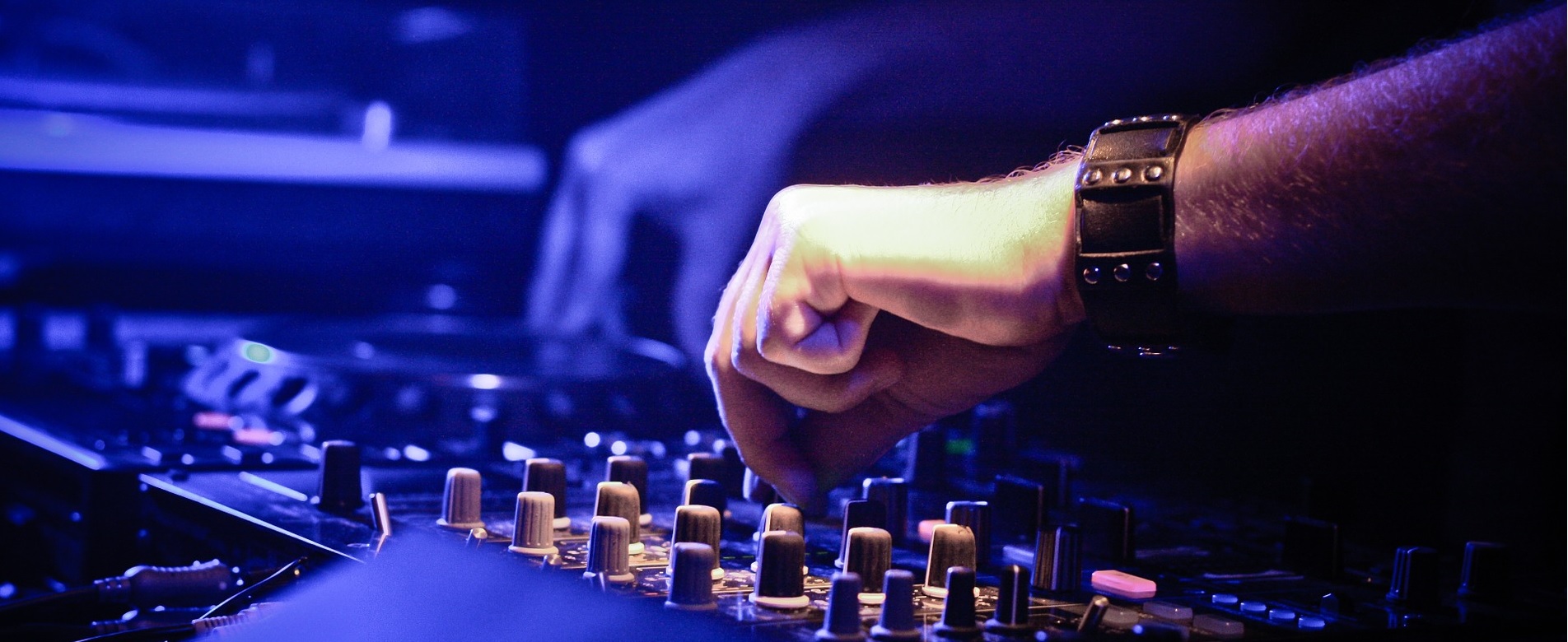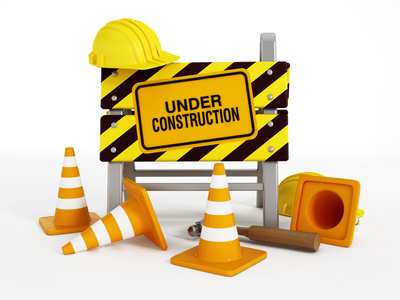What You Should Understand About Scuba Training If Small Spaces Are Not For You
The standard curriculum for scuba training may overwhelm you, when you first see all the information and realize the skill required. But just keep in mind that everything is learned at your own pace. You can work on the training as long as need be, when taken online. You will have an instructor who will supervise your training with the confined and open water dives. Each student will be given a professional evaluation after being observed by the instructor. If there is any doubt in your ability, the instructor will not sign-off on your scuba training. You can also rest assured, hopefully, with the thought that everything associated with diving is based on solid science – it makes sense.
All beginners must grasp certain skills prior to entering the ocean or a larger body of water. Competency in the pool may not be the same as operating in the open ocean, something that your instructor will be closely watching. There are many components of this training which include diving in other bodies of water including lakes and the ocean.
SCUBA certification is relatively lax in regard to how long it takes you to finish the training. The process goes like this: confined space dives must be completed prior to open water dives toward the end of the program. Confined space dives usually occur in a swimming pool and the location is provided by the instructor giving you the lessons.
Before you are allowed to begin any professional and accredited scuba training course, you will need to make sure you are healthy and fit enough to do it. Hiding health information in order to get in will most likely work, because the process of application is not that stringent. If all you had was classroom teaching, the state of your health wouldn\’t really matter. Basically, you are given a questionnaire to complete regarding your health and physical condition. If you are fine and nothing applies to you, then you sign the form and are all right to begin. Going underwater is not like some things where health isn\’t as important, so make sure you know for sure that diving is all right for you.
A single most useful accomplishment a diver can learn is how to succeed buoyancy neutrally. We recommend that all divers learn this and PADI provides a class called the Peak Performance Buoyancy Course. As you float neutrally, you won\’t stay afloat or sink when you are under the water. This explains the divers who are experienced don\’t swim using their arms and appear full of grace under the water. Your dives will be longer in terms of length when you are neutrally buoyant because you will use less gas/air. Everything about learning how to do this is positive and good. You may have a real desire to do scuba diving, but your physical condition and any medical issues might put others at risk besides you. It is obviously always best to err on the side of caution and ensure you are healthy enough to pursue this incredible sport.
Prior to going on your subsequent diving getaway, be sure to get sufficient holiday insurance. This way if something happens, you will be coated. You won\’t be concerned about anything, and you can take pleasure in your trip. Seek advice from your travel agent to find out more.
Leave a Reply
You must be logged in to post a comment.

 Forgive us but we are redoing our website. We will be back to normal shortly.
Forgive us but we are redoing our website. We will be back to normal shortly. Forgive us but we are redoing our website. We will be back to normal shortly.
Forgive us but we are redoing our website. We will be back to normal shortly.